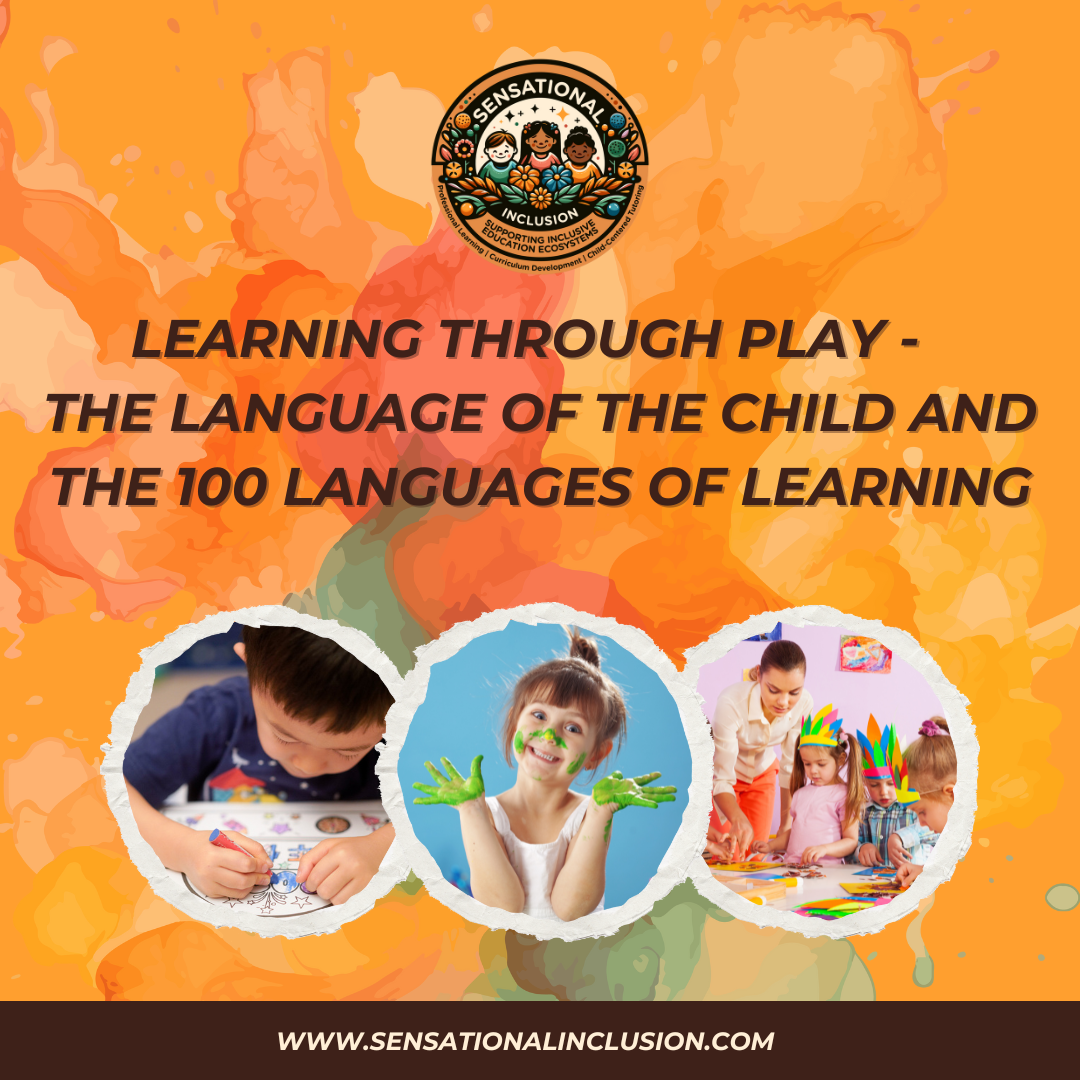“Play is the highest form of research.” – Albert Einstein
Loris Malaguzzi and the 100 Languages of Learning
Loris Malaguzzi, the founder of the Reggio Emilia approach, emphasized the importance of recognizing the ‘100 languages’ of children. This concept embraces the idea that children have multiple ways of thinking, playing, and communicating. Play is not just an activity; it is the medium through which children learn, a language as rich and expressive as words themselves.
The Sandbox Symposium: A Lesson in Negotiation and Creativity
Imagine a group of children in a sandbox, constructing a grand castle with moats, towers, and maybe even a dragon or two. This isn’t just an exercise in creativity; it’s a crash course in diplomacy. Sharing shovels and pails, negotiating space and resources – it’s like a mini-UN summit, minus the formal attire and with a lot more laughter. Here, every grain of sand becomes a building block of imagination and teamwork.
The Art of Messy: Learning in Splashes of Paint
Fast forward to an art class, where tiny hands wield brushes like magic wands, turning blank canvases into explosions of color. This isn’t just art; it’s a study in sensory experiences and emotional expression. As paint splatters and colors blend, children learn that sometimes life goes beyond the lines, and that’s perfectly okay. It’s a lesson in embracing the messy, beautiful chaos of creativity.
The Theatrical Thinkers: Role-Playing and Problem-Solving
Enter the realm of make-believe, where children wear capes and crowns, becoming superheroes and royalty for a day. This role-playing is more than just dress-up; it’s an exercise in empathy and problem-solving. As they navigate fictional worlds, they learn to understand different perspectives and overcome challenges. It’s storytelling with a purpose, where every plot twist is a new opportunity for growth.
The Great Outdoors: Nature’s Classroom
Now, let’s step outside where the grass is a little greener and the sky a bit bluer. Outdoor play isn’t just about burning energy; it’s a hands-on science lesson. Watching ants march, leaves change color, or clouds float by, children learn to observe, ask questions, and appreciate the natural world. It’s where biology, physics, and environmental science come alive, not in textbooks, but in the rustling of leaves and the chirping of birds.
The Digital Playground: Technology as a Tool for Imagination
In the digital age, screens are often seen as the enemy of play, but what if we turned them into allies? Educational apps and games can be more than distractions; they’re interactive tools that can teach coding, language, and even history in engaging ways. It’s about finding the balance, where technology complements rather than consumes the art of play.
Conclusion: The Infinite Possibilities of Play
Through play, children speak a language that is inherently their own, a language that encompasses the 100 ways they see, understand, and interact with the world. By acknowledging and nurturing these diverse languages of learning, we not only honor their individuality but also pave the way for a richer, more holistic approach to education. Play, in its myriad forms, is the lens through which children view their world, and through which we can learn to see it anew.
Through play, children speak a language that is inherently their own, a language that encompasses the 100 ways they see, understand, and interact with the world. By acknowledging and nurturing these diverse languages of learning, we not only honor their individuality but also pave the way for a richer, more holistic approach to education. Play, in its myriad forms, is the lens through which children view their world, and through which we can learn to see it anew.
So, the next time you see a child deeply engrossed in play, remember, they’re not just playing; they’re learning the skills that textbooks can’t teach. They’re navigating the complexities of human emotions, the wonders of the natural world, and the boundless realm of their own creativity. In this playful journey, every mess is a discovery, every question a lesson, and every imagination a gateway to endless possibilities.

